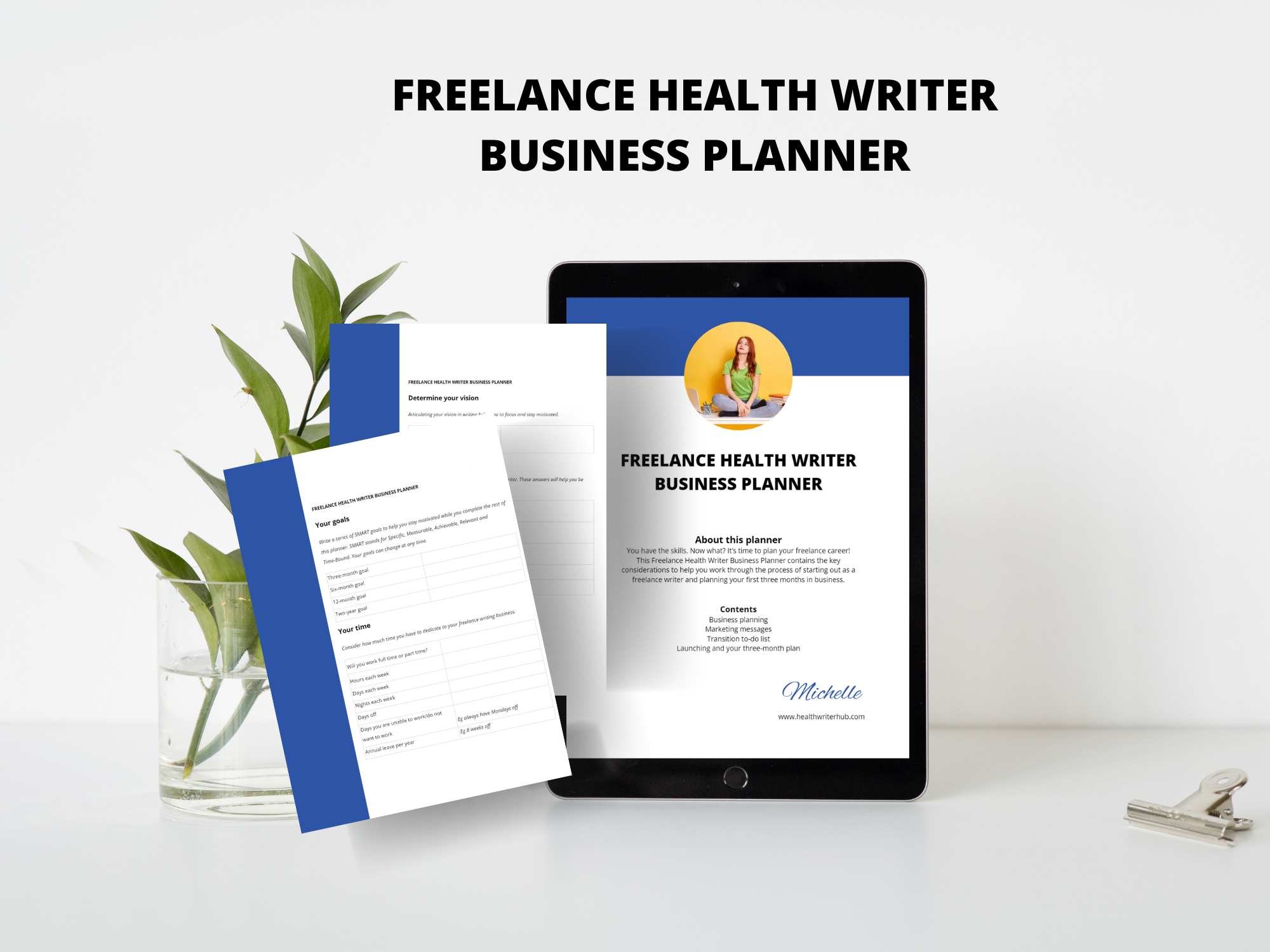When an editor knocks back your magazine article ideas, it’s hard not to take this rejection personally. Usually, there’s a clear reason why your pitch wasn’t successful. Being able to take the emotion out of the equation and regain your writing confidence will ensure that you are 100% clear on what this reason is.
Remember, as I always say, being a writer is all about constant learning. Even if you’re an experienced writer you can still have your magazine article pitches rejected by your editors. If you let rejection get you down, you’re only hurting yourself in the long run.
If you can find it in you to take something positive from the negative, you’ll be a better writer for it and you’ll have more chance of pitching successful ideas in the future.
1. Study the editor’s feedback on your article idea
If an editor has taken the time to respond to you about your magazine article ideas, he or she has probably told you why you’ve been unsuccessful. Was your pitch too boring, too unadventurous, or too similar to what’s already out there? Understand the reasons why your idea was a no-go and follow up with your editor if you need further explanation.
2. Keep it amicable
Don’t let emotion or stress come into your response when you’re communicating with your editor. Yes, it’s tempting to write back a fiery response, but this only looks bad on you. Remember, the fact that your idea wasn’t pursued isn’t a personal attack on your ability. Editors see dozens of pitches every week, and yours could be number fifteen in a long list of fifty or more.
3. Look at the content the magazine publishes for new article ideas
Perhaps your pitch wasn’t quite right for the publication’s target audience. Maybe it wasn’t in the ideal tone, voice or editorial style. Perhaps you need to look for other magazines that accept freelance submissions. Have a read of the most recent pieces on the publication’s website and look at elements like length, headlines, use of health experts, images and quotes. Be sure to look at recent content: pieces from a long time ago may not reflect any new editorial changes in staff, style or policy.
4. Consider who else is writing for the publication
Find some other writers who have had published work for the publication you pitched for. Do these writers have the experience you don’t have, in clinical areas or otherwise? You could consider connecting with them on LinkedIn and Twitter to pick up tips and advice to help you out next time you pitch. Some writers will even offer advice, but don’t be disheartened if they don’t: writers are busy people, as you know!
5. Pitch your magazine article ideas again
Don’t give up. Writing is not something that anyone perfects, ever. We all have good days and bad days, as well as great ideas and mediocre ones. Idea generation is tough, and in today’s crowded content market it’s exceptionally hard to pitch unique ideas without feeling like you’re ripping off someone else’s content. Hang in there, keep at it and raise the bar – hard work always pays off in the long run.
Have you had a magazine article idea pitch turned down? How did you manage your next steps?

